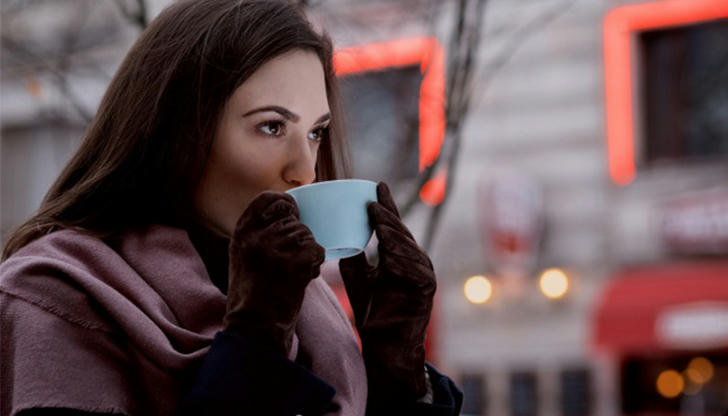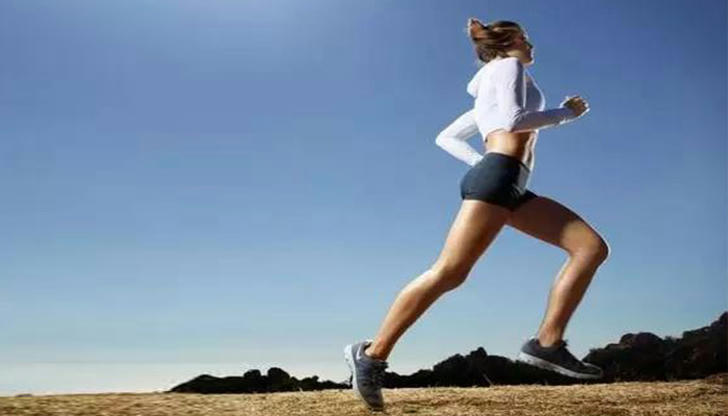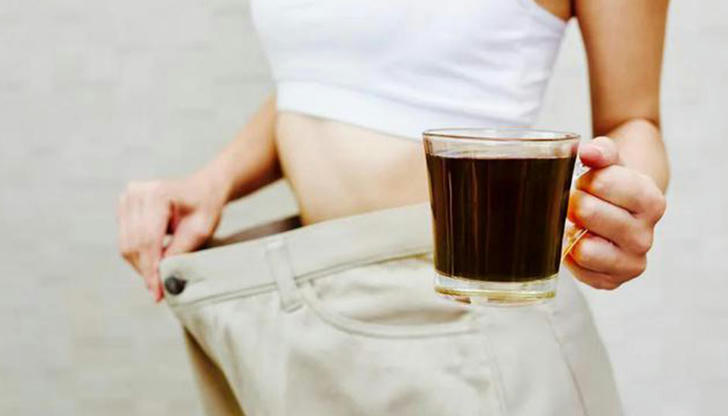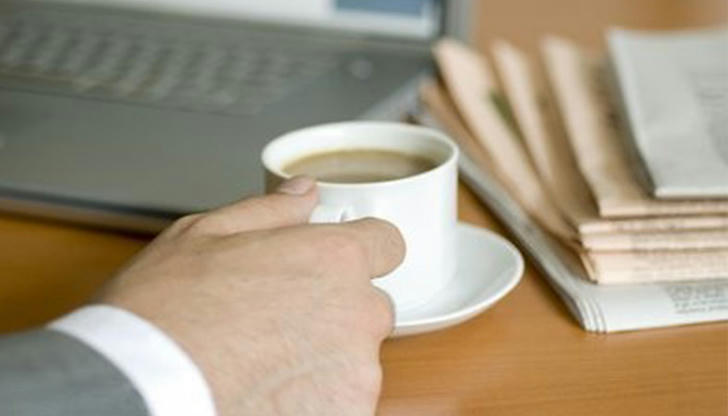These Are the Best Times to Drink Coffee. Have You Been Drinking It Right?

Coffee lovers around the world often wonder about the optimal times to indulge in their favorite brew. Are you one of those who savor a cup of joe at any hour of the day? It turns out that timing your coffee consumption can have an impact on your energy levels and overall well-being. In this article, we will explore the scientifically-backed best times to enjoy your coffee and discuss the potential effects of drinking it at different points throughout the day. So, let's dive in and discover whether you've been making the most of your coffee breaks.
1. The Best Time to Start Your Day with a Cup of Coffee

Are you the kind of person who craves a cup of coffee as soon as you get out of bed? You may have thought about having your coffee early and starting the day fresh. That's because a stress hormone called cortisol is at work.
According to a small-scale study, cortisol helps keep you alert and focused, and regulates your metabolism, immune system response, and even blood pressure.
Every morning, your cortisol levels naturally rise and peak around 30 minutes after waking up. The caffeine in coffee can potentially increase cortisol levels.
Chronically elevated cortisol levels can harm your immune system. If they are already high upon waking up, drinking coffee theoretically can amplify their detrimental effects.
A small-scale study conducted in 2005 indicated that individuals can actually develop tolerance to the cortisol peaks caused by caffeine.
The best time to drink coffee might be from late morning to early afternoon when cortisol levels have already dropped. If you wake up at 7:00 a.m., you might consider having your coffee between 10:00 a.m. and noon.
If you're willing to change your habit of drinking coffee in the morning, you may find that delaying the brewing of your morning coffee by a few hours can provide you with longer-lasting energy.
2. The Best Time to Drink Coffee in the Evening

Caffeine and alertness go hand in hand. However, according to a research review, if you're looking to calm down in the evening, having coffee may not be a good idea.
According to the American Academy of Sleep Medicine, the stimulating effects of caffeine can last for 3 to 5 hours, depending on the individual. Sometimes, half of the caffeine you consume can remain in your body for up to 5 hours.
This depends on when you prefer to sleep, and consuming coffee too close to bedtime is more likely to interfere with your ability to fall asleep.
To avoid disrupting your sleep pattern, a small-scale study from 2013 suggested avoiding caffeine intake at least 6 hours before bedtime. Therefore, consider switching to decaffeinated options or try some herbal tea instead.
3. The Best Time to Drink Coffee for Better Exercise

Looking to amp up your workout? Many people turn to coffee to enhance their exercise routine, thanks to caffeine.
A research review found that consuming coffee before exercise can be an effective way to boost performance. It's also often more cost-effective than caffeine supplements or powders.
Another comprehensive review of studies indicated that caffeine can delay exercise fatigue and improve muscle strength and power.
If you want to make the most of coffee's potential performance-enhancing effects, it's best to consume it 30 to 60 minutes before your workout or athletic event.
4. The Best Time to Drink Coffee for Weight Loss

Research reviews suggest that consuming caffeinated coffee may lower body mass index (BMI), weight, and body fat.
However, studies specifically investigating the impact of drinking coffee before or after meals on weight loss are limited.
It is more likely that having a cup of coffee between meals can help reduce the urge to snack. While this is a popular belief, research reviews do not support coffee as an appetite suppressant.
5. The Best Time to Drink Coffee to Improve Exam Performance

Coffee is often the go-to choice for exam preparation as it can enhance focus and alertness. A study found that drinking coffee before morning exams was beneficial, while there was no significant difference when consumed before afternoon exams.
However, having a cup (or more) before your exam may lead to feelings of anxiety, headaches, or ultimately result in blurry memory.
So, when should you drink coffee to boost your exam performance? The U.S. Army and Department of Defense conducted a study to determine how to enter the most vigilant state.
They developed an algorithm by testing sleep-deprived subjects and determining the caffeine amount needed to feel as if they had slept for 8 hours. They found that a high level of alertness required:
- Consuming 200 mg of caffeine upon waking up.
- Adding another 200 mg after 4 hours.
A cup of brewed coffee (8 ounces) typically contains around 70-140 mg of caffeine. A cup of espresso, which is usually around 1-1.75 ounces, contains approximately 63 mg of caffeine.
The roasting level of coffee beans also affects the caffeine content, with dark roast coffee typically having a higher caffeine content. You can boost alertness by drinking a cup of coffee brewed from dark roast coffee beans one hour before an exam.
Summary
Currently, there is limited research on how the timing of coffee consumption affects your energy levels. In general, it is more suitable to drink coffee later in the morning, and consuming coffee within 6 hours before bedtime is definitely not a good idea.
Drinking coffee 30 to 60 minutes before exercise may enhance your performance. If you need it for an exam, another approach is to improve focus by controlling the dosage of coffee.
Overall, the coffee experience is about listening to your body, understanding the sensations it provides, and adjusting the timing of coffee consumption based on your own bodily cues.

